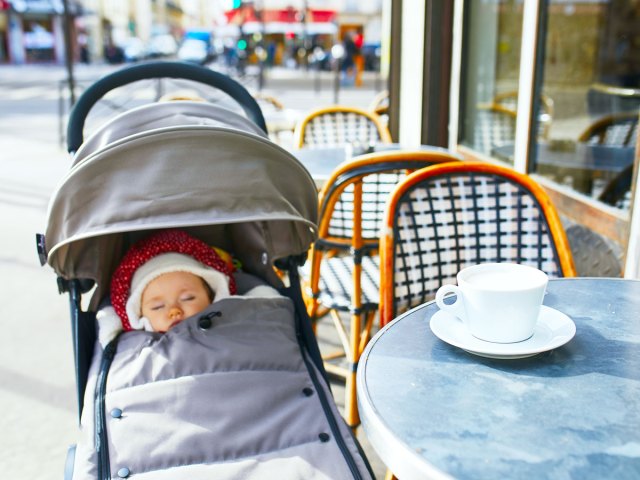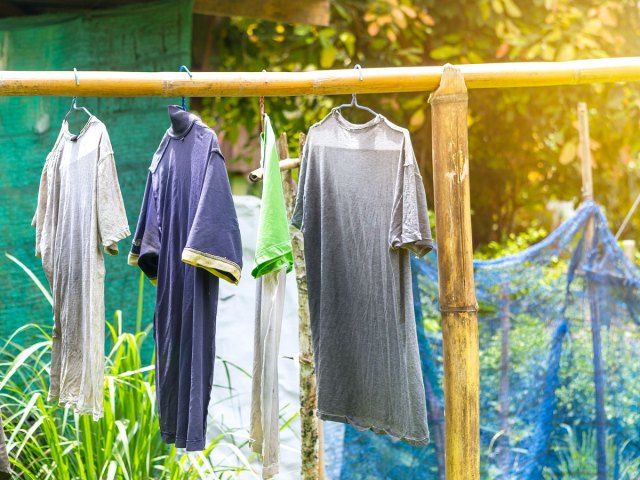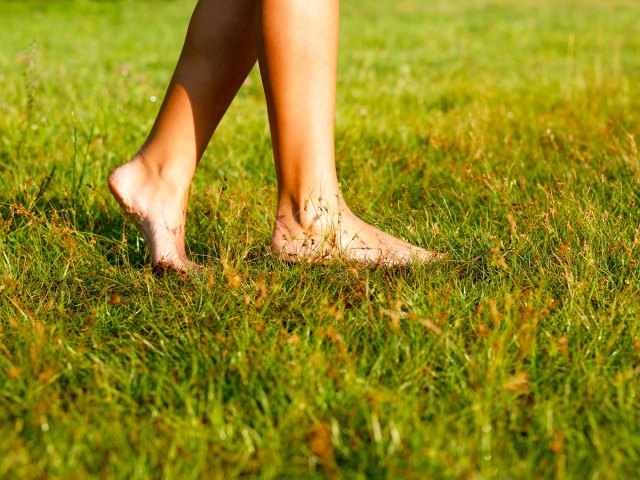For travelers, the joy and wonder that comes with venturing overseas is often associated with moments when we embrace new experiences and encounter practices we don’t see at home. In the opening act of George Bernard Shaw’s play Widowers’ Houses, one of the characters remarks, “I dislike feeling at home when I am abroad” — and it’s a mantra that many of today’s most avid travelers would echo. With that in mind, discover seven things that are totally normal in other countries that Americans might find strange.
Luxembourg: Riding Free Public Transportation Everywhere

Depending on where you live in the U.S., you might be fortunate to enjoy free public transportation in your city. But can you imagine doing so across an entire state or country? That’s precisely what the Luxembourg government introduced in 2020. Whether you opt to ride a bus, train, or tram, it won’t cost you a cent in this European nation, the smallest of the 27 EU member states. Regardless of where the journey takes you, residents and visitors don’t need a ticket to travel in standard class until they cross the border into a neighboring country.
The Netherlands – Kissing a Third Time on the Cheek

In the U.S. and many other cultures, it’s a common habit among friends and family members to greet each other with a hug, a kiss on the cheek, or perhaps both. When visiting the Netherlands, however, don’t pull away from a local before a third peck, or you might create an awkward situation. While Dutch people embrace the extra affection, it’s a good idea to approach sufficiently slowly to avoid making a social faux pas by kissing a person who isn’t expecting it, such as a casual acquaintance. Air kisses are preferable, and most people opt to kiss the left side first, followed by the right and the left again, but there’s no hard-and-fast rule that this will always be the favored routine.
Finland – Leaving a Baby in a Stroller Outside for a Nap

If you’re touring the Nordic nations in winter, you might be alarmed to see strollers with babies in them parked outside cafés and stores with no sign of a responsible adult. But in countries such as Finland and Sweden, it’s a perfectly normal thing to do. The thinking behind it is that the swaddled infants will get a healthy dose of fresh air as they nap, and that doing so better enables them to ward off colds and sniffles. The common practice is also emblematic of the high degree of trust among members of the local community. Many parents view it as a way of instilling a love of the outdoors as well as building their child’s independence and resilience.
Singapore: Hanging Laundry Out To Dry on Bamboo Poles

Take a stroll through one of the older residential neighborhoods in Singapore, and you’ll likely notice bamboo poles laden with wet clothing protruding from apartment buildings. The tradition of hanging laundry out to dry in this way was a solution to the lack of space and a response to Singapore’s humid climate, as clothes dried faster outside. However, the practice is dying out, which is probably good news for anyone walking alongside the buildings. According to statistics shared by the Ministry for National Development, there have been an estimated 100 cases of bamboo poles falling; as a consequence, new housing isn’t being fitted with the required fixtures to maintain this tradition.
New Zealand: Walking Barefoot

There’s nothing unusual about walking barefoot on the beach, but in New Zealand (and neighboring Australia), locals take things much further than in the U.S. In summer especially, it is remarkably common to see people walking without shoes in public spaces such as parks, sidewalks, and even in supermarkets. For New Zealand’s Indigenous Maori peoples, entering a marae (communal sacred meeting grounds) shoeless shows respect; it’s also a way to feel a deeper connection to the land. Nevertheless, while the practice of going barefoot in New Zealand is championed by many, there are some places where you’ll need to don shoes, such as in upscale malls or on flights.
Japan: Not Tipping

The requirement to tip for services is ingrained in American culture, and in many instances factored into pay structures. But in Japan, it’s an entirely different scenario. There, tipping is not the norm, and offering to add gratuity to a restaurant check or even round up a taxi fare is likely to result in confusion or may even be considered rude. In Japanese culture, the idea of omotenashi refers to the deep-rooted desire to look after guests and provide warm hospitality. If you’re keen to recognize good service, positive comments go a long way — tailored praise requires thought and as such is considered far more meaningful than anything with monetary value.
More from our network
Daily Passport is part of Inbox Studio, an email-first media company. *Indicates a third-party property.
















